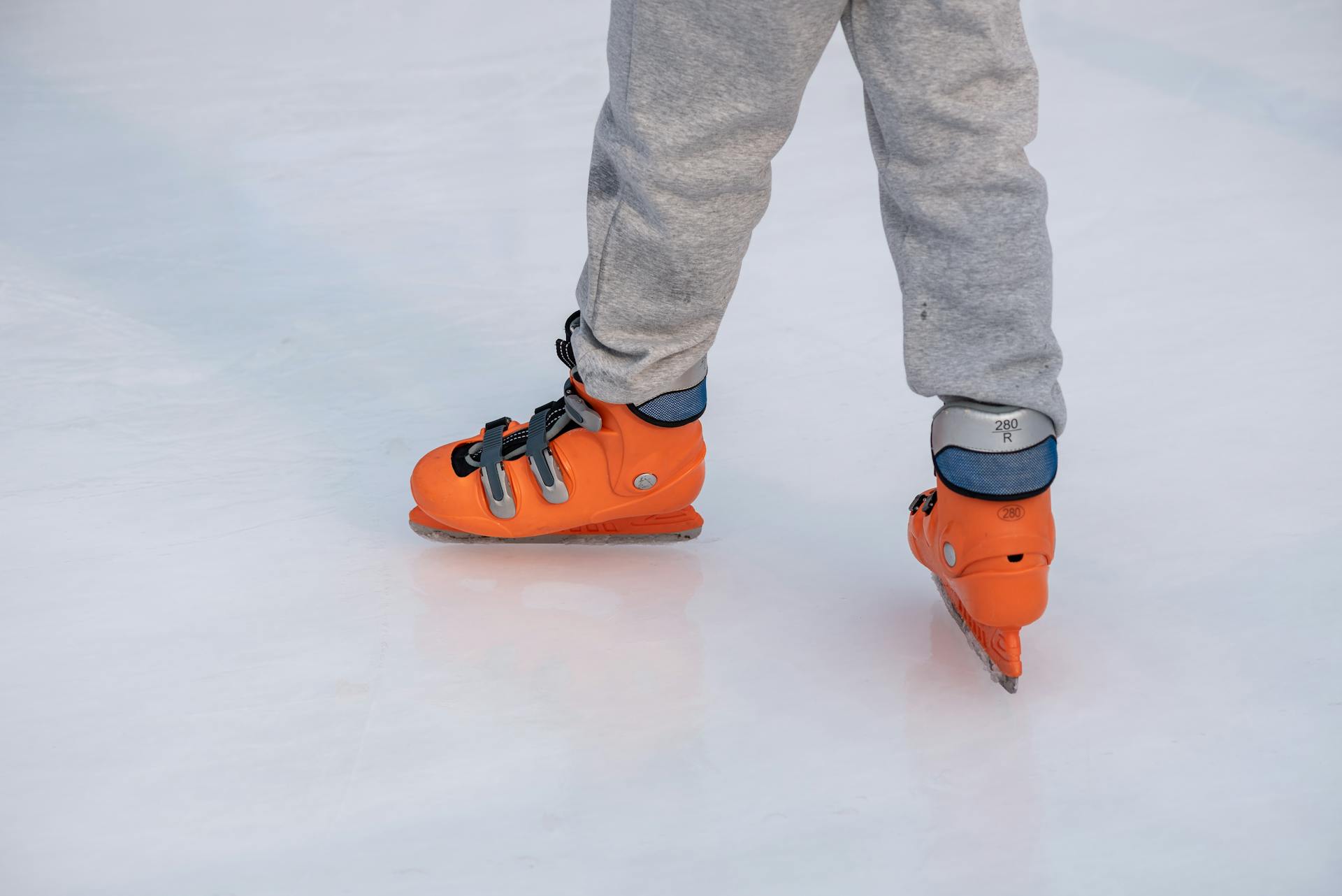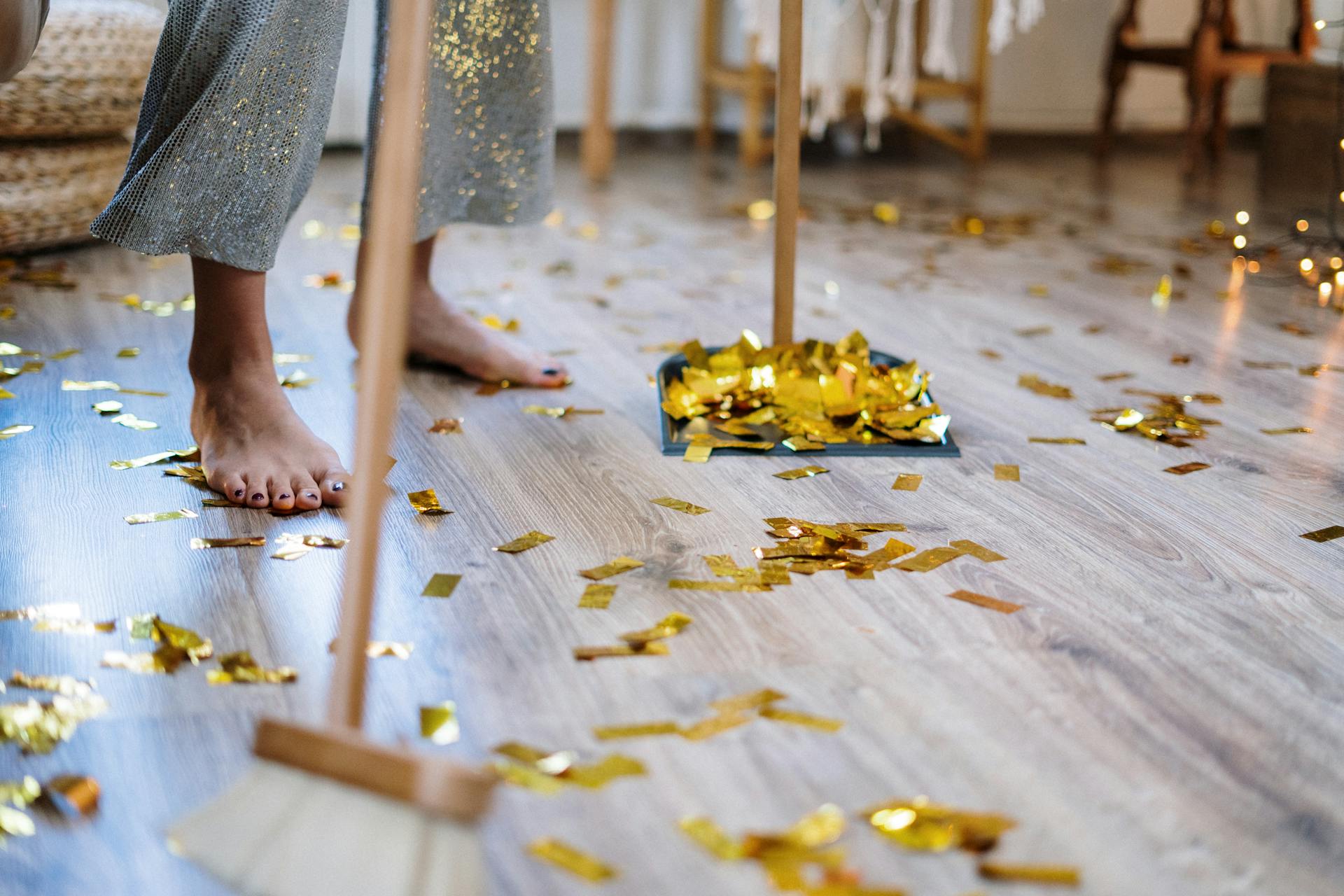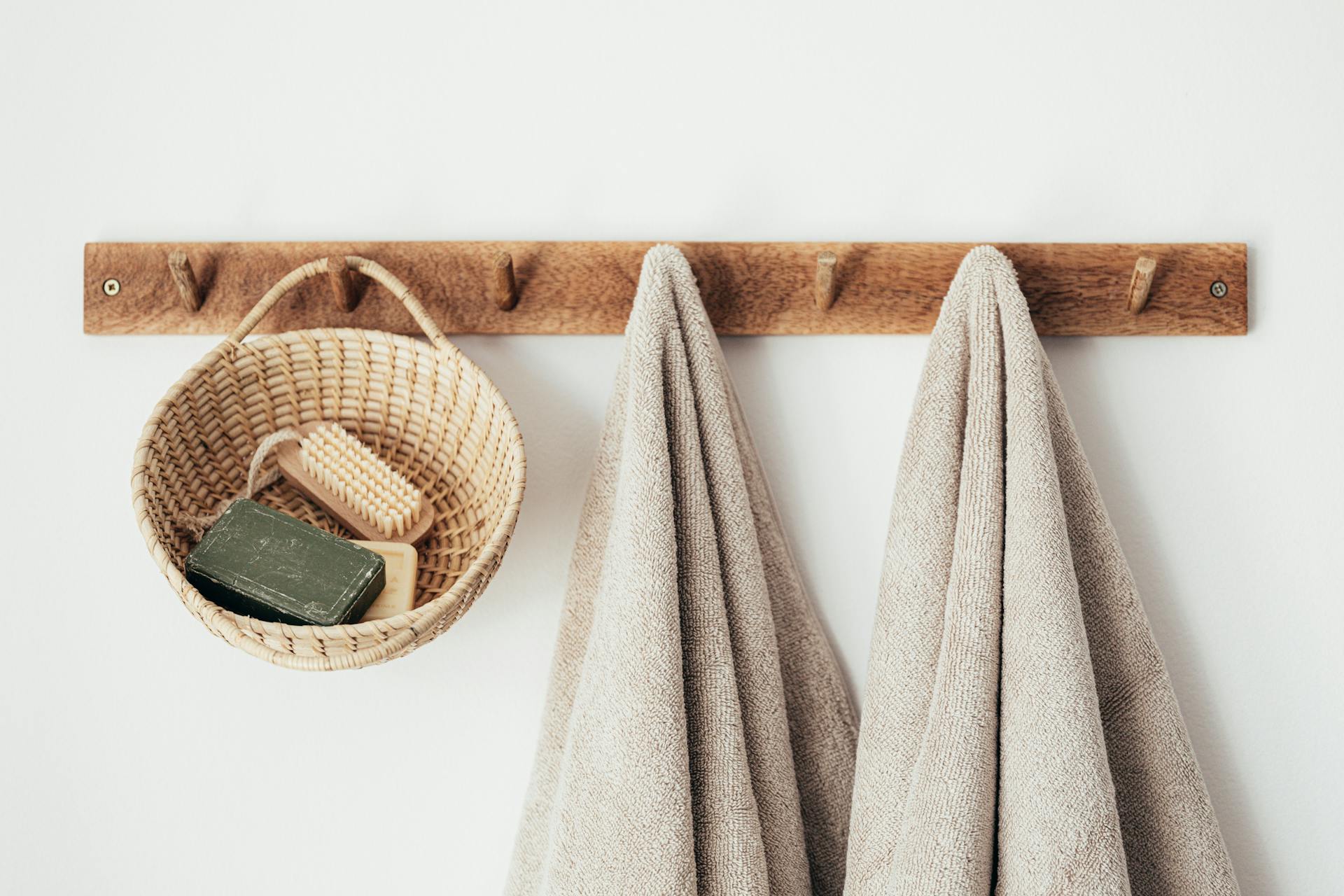
The dreaded itch after a shave isn't something anyone looks forward to, but it is an issue faced by many who choose to rock smooth legs. Although annoying and often embarrassing, the itch itself can actually tell you a lot about why it's occurring and how you can treat it before the next shave.
The most common cause of the post-shave itch is irritation caused by razor burn. Razor burn occurs when too much of the skin is shaved, leaving behind small red bumps that cause intense itching and discomfort. To combat this issue, use a sharp blade and apply gentle pressure as you shave. You might also want to consider serums with moisturizing ingredients to help reduce any discomfort or dryness.
If razor burn isn't to blame for your itching post-shave, then it could be an allergic reaction instead. Allergens such as those found in soaps and lotions can end up on your skin during shaving, triggering an inflammatory response that causes itchiness. Try switching up your products for ones with fewer chemical ingredients like plant-based oils or baking soda. If you need more help identifying which particular ingredient could be causing your allergic reaction, consult an allergist who may recommend additional treatment options.
Finally, make sure that you are properly caring for your skin after shaving! This means cleansing away any remaining soap and dirt before rinsing with lukewarm water and gently patting dry with a soft towel rather than rubbing the area — which can cause further irritation and put breakouts at risk if bacteria on the towel transfers to any damp areas on your skin afterwards. Applying moisturizer after each shave ensures that your still healing skin remains hydrated while protecting it from debris or other potential irritants in the environment — ultimately helping to prevent future rashes or further distress.
As annoying as they may be, post-shave itches aren't always avoidable given all of the variables at play that could easily spark irritation or bring about an unwelcome allergic reaction. However, understanding what could be behind this common occurrence plus some self-care guidance can help provide relief from any lingering (or subsequent) itches for those trying to reach silky smooth perfection on their legs!
Why does my skin become irritated after shaving?
Shaving is an essential part of many people’s grooming routine, but it can be uncomfortable and can sometimes result in skin irritation afterwards. From bumps and redness to ingrown hairs and itchy patches, the sensitivity of your skin after a shave may make you feel like you just can't win. But why does this happen?
The main cause of irritable skin after shaving is due to the stripping of natural oils that are produced by the bodies sebaceous glands. Shaving hairs creates tiny openings in the skin, allowing external irritants such as sweat, bacteria and other accumulated dirt to enter. This combined with a lack of natural oils will lead to dryness and inflammation. Micro-tears created by the blade can also lead to more lingering problems such as acne or ingrown hairs which may not be immediately noticeable.
In order to reduce irritation during and after shaving, there are several tips that you should follow. Pre-shave techniques such as exfoliating are important for removing dead skin cells before lathering up with a good quality shave cream or lubricating oil. A fresh razor blade should then be used when shaving, as well as light pressure to avoid excessive strips on the top layer of your skin. Lastly an after shave moisturizer will help keep your skin hydrated, prevent flaky material on its surface and soothe any agitation that is caused by shaving.
By following these tips you'll help keep your skin healthy and minimize the chances of having any adverse reactions after shaving. It’s important enjoy regular grooming while taking into consideration how this effects the health of your reputation!
See what others are reading: How Can I Keep My Leggings up When I'm Moving Around?
Why is my skin itchy after shaving?
Itching after shaving is an unpleasant sensation that can be quite annoying and difficult to deal with. Unfortunately, it's a common problem among those who remove facial or body hair. The good news is, the occurrence of itchy skin after shaving can be easily explained and remedied.
First, it's important to understand why your skin may become itchy after shaving. Shaving creates tiny micro-cuts on the skin’s surface which can then be prone to irritations due to friction caused by clothing rubbing against them. Furthermore, most commercial shaving products contain various synthetic chemicals that act as mild abrasives and alter the pH balance of your skin. All of these are common causes for itchiness after shaving.
To solve this problem you should try using gentle, natural soaps or lotions that do not contain any artificial additives or preservatives prior to shaving. You should also make sure you use a sharp blade and follow up by moisturizing your skin carefully with a cream or lotion designed for sensitive or irritated skin —a product with chamomile extract or aloe vera can help alleviate the itching sensation quickly and naturally. Finally, avoid any further contact irritation by keeping away from fabrics such as wool or polyester that can further aggravate areas of itchy skin due to their roughness.
By understanding the common cause of post-shave itchiness and taking steps both before and after the actual act of shaving (e.g., using natural products) you should be able to prevent this irritating experience from occurring in future!
What can I do to reduce the itching after shaving?
Shaving is a necessary and convenient way to keep your face looking clean, but it can also be uncomfortable. That uncomfortable feeling can be exasperated by itching and redness after you are finished shaving. Fortunately, there are ways to reduce the itching that follows.
One of the best, simplest things you can do to reduce the irritation and itching after shaving is to use a cool, wet cloth while shaving. This helps prevent razor burn and rehydrate skin while also reducing bacteria build-up which will help reduce the inflammatory response that comes with a shave.
Using moisturizer or razor oil before, during and after shaving can also help reduce the itchiness you may feel after the process is over. Applying a moisturizer will help create a barrier between your skin and the razor preventing excess friction from taking place during your shave. Additionally, it will leave your skin feeling hydrated long after you’re done and reduce irritation that might have come from the razor without it being properly lubricated in the first place.
Another suggestion is to change up what type of razor you’re using. Traditional multi-blade razors can be harsh on some individuals skin causing more irritation than others leading to an increase in itchiness post-shave. If possible consider switching to a single blade razor as these are gentler on your skin in comparison due to less sharpness when making contact with your face making it an ideal option for those wanting an effective shave without scaring or irritating their delicate facial hair follicles.
Itching after shaving doesn't need to be expected - there are steps one should take before and after they’re done grooming in order to make their post-shave experience more comfortable for themselves!
What is the cause of my itchy legs after shaving?
Shaving can be a very tricky process - and for some, an especially itchy one. If you find yourself scratching your legs after a shave, there could be several causes.
The first and most likely cause is razor burn or irritation. Razor burn can occur as a result of using a non-sharp razor, using too much pressure while shaving, shaving too frequently or using overly hot or cold water while shaving. These factors can dry out the skin, causing redness and itching. To resolve this issue, try switching razors more frequently; effortless gliding with minimal pressure should be your goal. Using lukewarm water and a shave cream will help protect the skin’s delicate surface. Alternatively, consider an electric razor - this eliminates the need for lather yet still provides a clean shave.
Another potential problem? Allergic reactions to certain ingredients in hair removal creams or deodorants that may have been used while shaving. If you suspect that may be the case, try switching to an irritant-free product and observe whether your symptoms subside. Picking the right shaving cream is certainly important - but pay close attention to what else you’re putting on your legs after you’ve shaved!
Finally, itchy legs post-shave could also signify fungal or bacterial infection of the hair follicles – something commonly seen in those prone to ingrown hairs. This would require professional evaluation for recommendations on treatment options. A qualified dermatologist should be consulted if there is any reason to suspect this as the underlying cause of itchy legs post-shaving.
For many, tackling itchy legs after shaving is just one more challenge that comes with female grooming routines - but knowing what might be causing these symptoms will help make sure your beautiful limbs stay just that: beautiful!
Broaden your view: Laser Hair Removal
Sources
- https://www.anticabarbieriacolla.com/en/irritated-skin-after-shaving-products-to-use/
- https://www.wilkinsonsword.com/blogs/womens/itchy-legs-after-shaving-causes-prevention-tips
- https://trendydamsels.com/itchy-legs-after-shaving/
- https://www.wikihow.com/Prevent-Skin-Irritation-After-Shaving
- https://www.treatnheal.com/skin/shaving-itch/itchy-legs-after-shaving-waxing-how-to-get-rid-stop-itching/
- https://www.wikihow.com/Stop-Itching-After-Shaving
Featured Images: pexels.com


